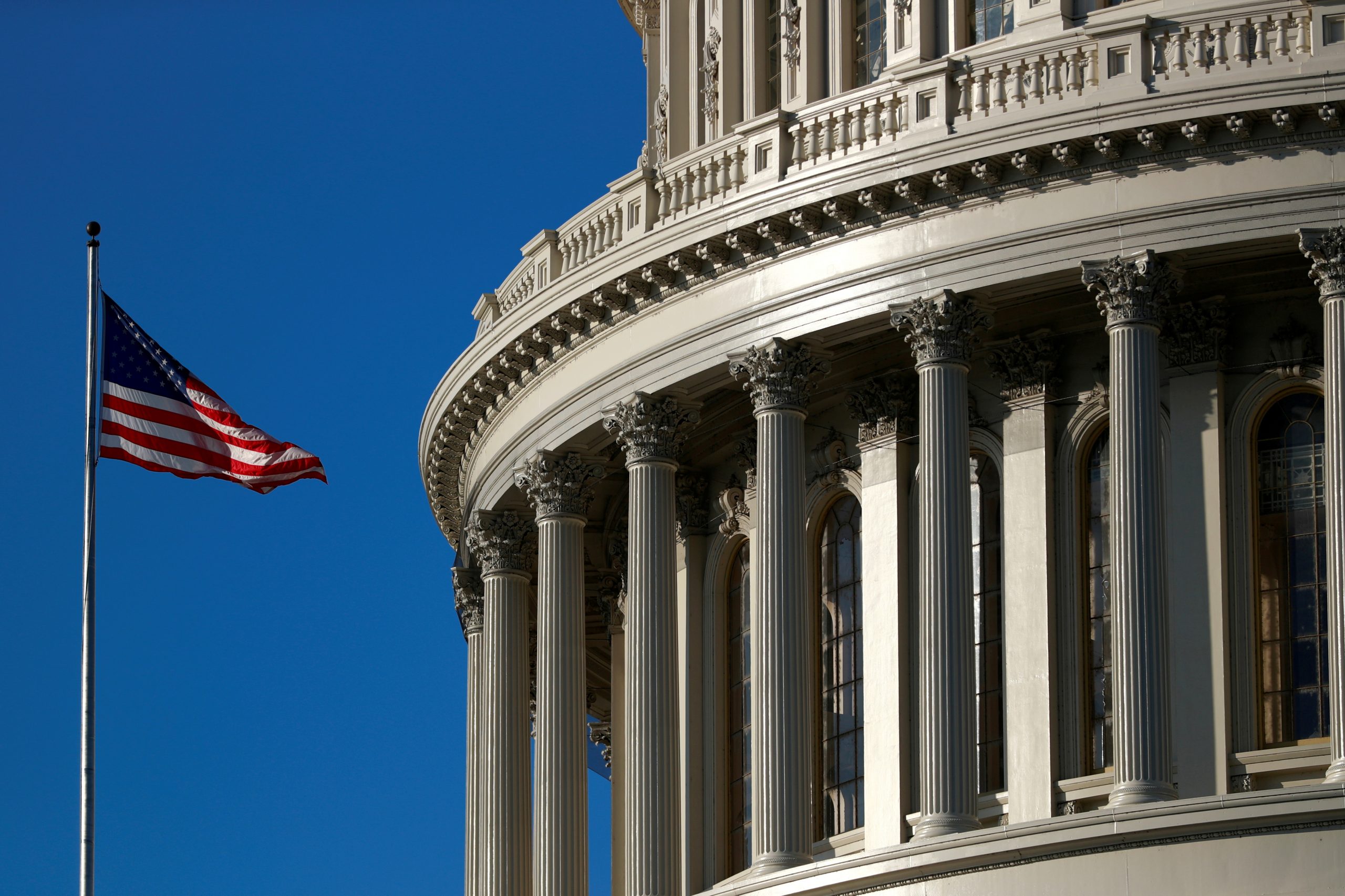
[elfsight_social_share_buttons id=”1″]
The Democratic-controlled U.S. House of Representatives is expected on Tuesday to give final approval to a Senate-passed bill temporarily raising the government’s borrowing limit to $28.9 trillion, putting off the risk of default until early December.
Democrats, who control the House by a mere four-vote margin, were expected to maintain party discipline and pass the hard-fought, $480 billion debt limit increase only to face another deadline within weeks for avoiding both a debt default and a temporary government shutdown.
The Senate’s vote last week to raise the limit turned into a partisan brawl, with Republicans linking the measure to President Joe Biden’s goal of passing a multitrillion-dollar pair of bills with spending to bolster infrastructure and social services while fighting climate change.
The Democratic-controlled Senate last Thursday passed the bill raising the $28.4 trillion statutory limit with the help of 11 Republicans, as the country crept closer to an estimated Oct. 18 deadline when Treasury Secretary Janet Yellen said the Treasury Department would no longer have the ability to make debt payments to lenders.
House Republicans are vowing to oppose it. Senate Republican leader Mitch McConnell, who was one of the 11 members of his party voting to stop a fillibuster in order to allow the stopgap debt limit increase, has promised to withhold his support for another extension in December. He has made clear that Democrats must use a special “reconciliation” procedure allowing the next debt limit increase to be enacted just with Democratic votes.
House Speaker Nancy Pelosi, a Democrat, can afford to have only a few of her caucus members vote against the debt limit increase and still prevail on Tuesday.
On Sept. 29, two Democrats out of 220 voted against a separate bill to raise the debt limit through the end of 2022, while only one Republican voted in favor.
That measure was blocked in the Senate, which then had to resort to the much shorter increase now moving through Congress.
(Reporting by Richard Cowan; Editing by Scott Malone and Peter Cooney)
Copyright 2021 Thomson/Reuters with additions and edits by Michael Cardinal, FISM News
